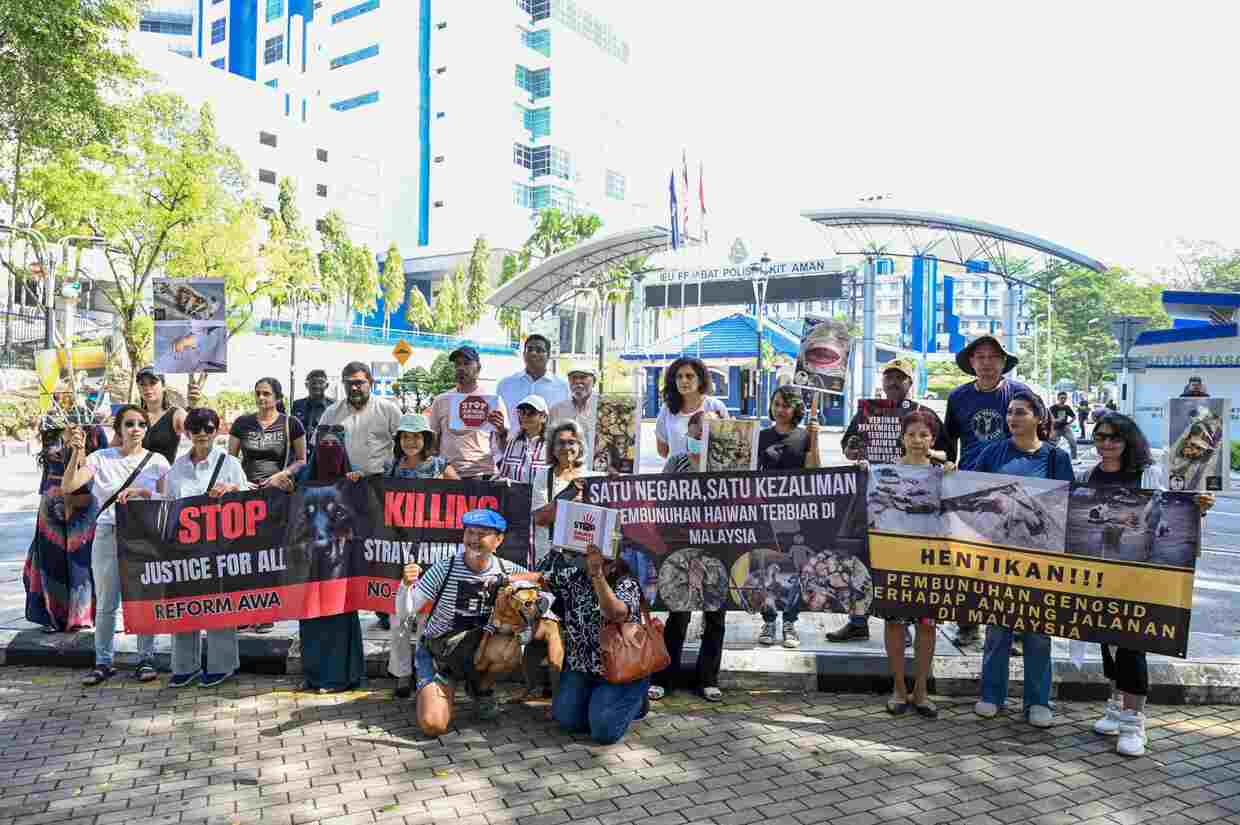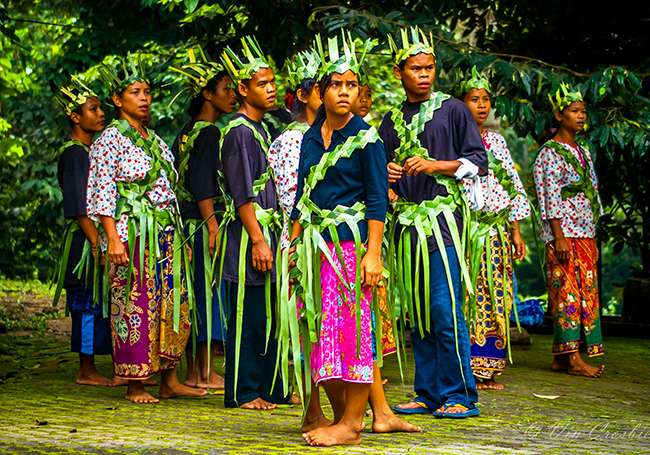
The peoples of the Orang Asli, the Orang Ulu, and the Anak Negeri groups constitute Malaysia’s indigenous population.
There are more than 3 million indigenous people in Malaysia, making up 12% of the local population.
The three main groups of Orang Asli in Peninsular Malaysia are the Negrito, Senoi and Proto-Malay.
Dr Colin Nicholas of the Center for Orang Asli Concerns said that the Orang Asli population in Peninsular Malaysia comprises 18 tribes.
Each is a distinct people group with its unique culture, language and social norms.
Majority of the Orang Asli population are still hunters and gatherers. Their lives and livelihood are closely connected with nature and the land.
Although Malaysia has adopted the UN Declaration on the Rights of Indigenous Peoples, Orang Asli is facing a number of challenges, especially in terms of land rights
The state of Orang Asli in Malaysia
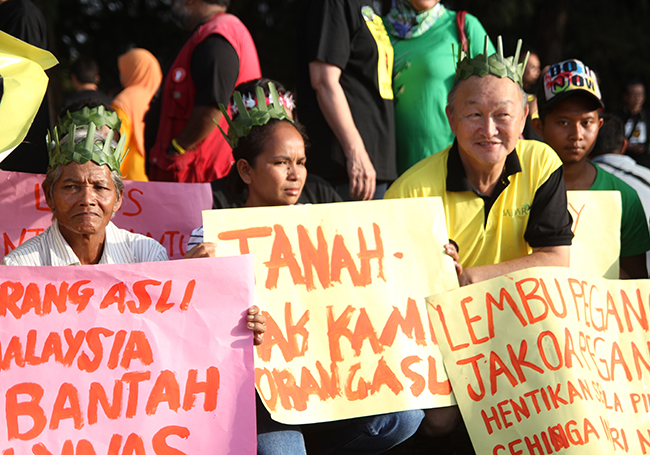
The plight of Orang Asli remained the same even with the country’s upward trajectory of growth and development.
They still struggle and fight hard for legitimacy and to elevate their standard of living.
One of the most critical aspects of their fight is to halt the eroding rights in the customary land.
The encroachment of native customary land violated their fundamental rights.
Their lands taken for economic activities such as agriculture development, logging, hydroelectric dams and tourism.
In many developers’ eyes, the Orang Asli are in the wrong time and place.
The Temiars in Kelantan, for example, had to fight loggers for years by setting up blockades.
Non-recognition of Orang Asli rights
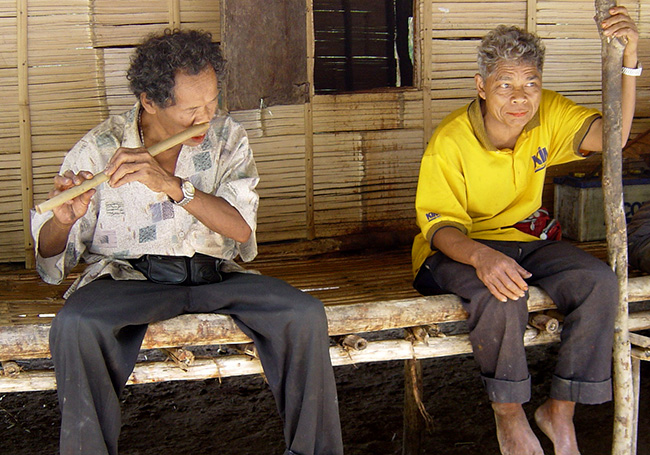
Article 134 of the Federal Constitution provides for gazetting of Orang Asli areas as a reserve.
The state can choose whether they want to protect Orang Asli areas or not as the wording of the article does not make it something mandatory.
However, the gazette is at the discretion of the state government.
Following this, the Orang Asli Development Department (Jakoa) started research on the amendments to the Orang Asli Act 1954.
“The research for the amendments is expected to be completed in 2025 to find the solution to the problems plaguing the community,” said the Minister for the Rural Development Datuk Seri Mahdzir Khalid.
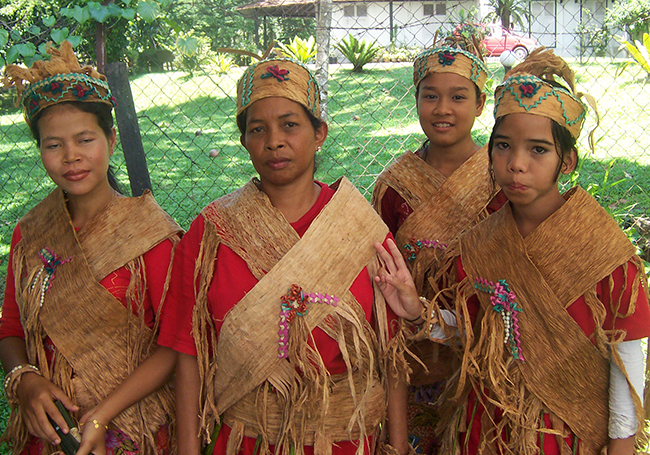
Dr Colin said things should be moving forward now as the proposals had been submitted in 2001 and 2010.
“The government should also look at the previous proposals as a benchmark for the upcoming study instead of starting from scratch,” he said.
However, the Orang Asli needs an immediate solution as the problem remains the same since Independence.
Orang Asli legal expert Bah Tony told Malaysiakini that the Orang Asli should have priority in terms of their rights when it comes to their land.
“There’s nothing permanent about Orang Asli land. It’s (always) subject to revocation by the government law. I understand in Selangor, it seems that there have been cases where Orang Asli areas have been revoked in the past,” he said.
Hunger, malnourishment and poverty
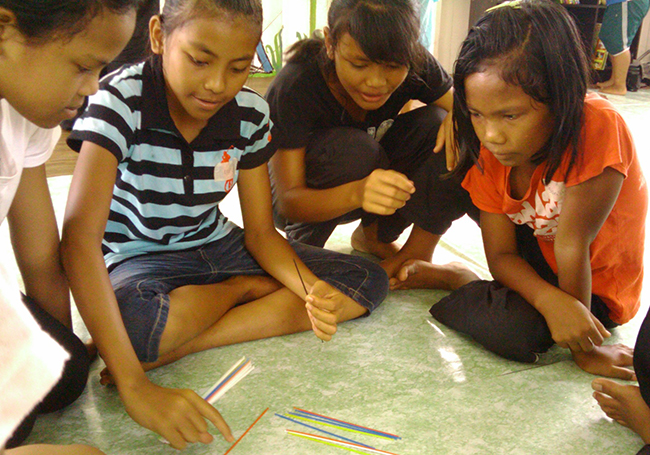
The Orang Asli children face malnourishment due to diminishing access to traditional food sources.
In 2019, the Star reported an Orang Asli girl, Rohana Angah, who is 12, is so severely malnourished that she looks like a 5-year- old.
Malnutrition among the Orang Asli in Government resettlement schemes is a severe concern.
Most importantly, the cause of malnutrition occurs as the shortage of food supply is related to the destruction of their forest and resource base.
The forest is where the Orang Asli find food to feed their family. Without the forest, there’s no food, leading to severe stunting and malnourishment.
Following this, Dr Colin pointed out that poor health and malnourishment directly relate to land encroachment.
“The problem here is not medical. It happens because of the recognition of people’s rights to their customary lands,” he added.
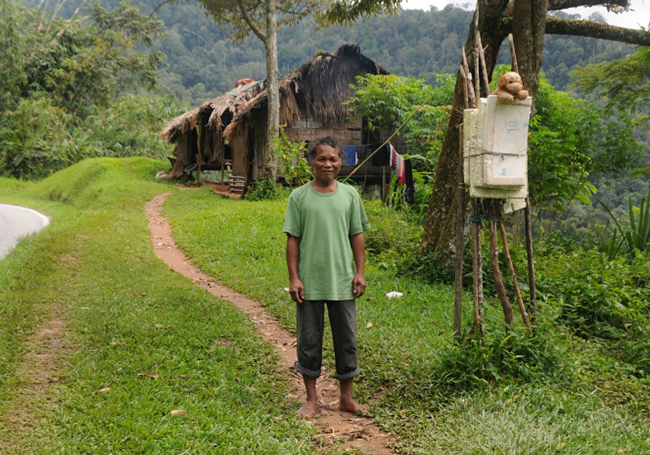
He added that the scenario was completely different 10 years ago when they were perfectly healthy and psychologically happy.
Not allowed to harvest in forest reserves
Earlier this week, Deputy Energy and Natural Resources Minister Ali Biju said Orang Asli cannot harvest in the forest reserves for commercial purposes
“Basically, harvesting forest products is only allowed for domestic use, not for commercial purposes,” the deputy minister said in the Senate.
Sadly, Orang Asli provided for themselves and their families sufficiently through forest resources and subsistence farming.
The Orang Asli are marginalised because economic growth, revenue and progress are taking precedence over their fundamental rights and well-being.
Systematic measures and tangible actions to implement policies recognising the rights of the Orang Asli have not been forthcoming.
As the country celebrates the 65th year of Independence, the government should work harder to unshackle the Orang Asli from eroding rights and poverty.
The government must recognise their native land rights and upgrade infrastructures and schools, to preserve their dignity, culture and heritage.









